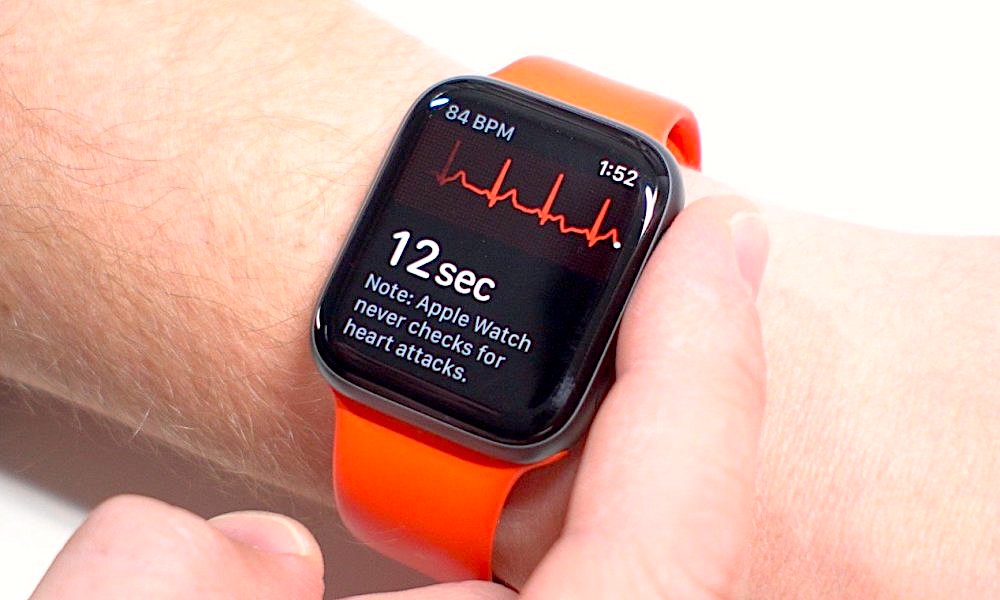Stanford Study Proves Apple Watch Accurately Detects Atrial Fibrillation
 Credit: GottaBeMobile
Credit: GottaBeMobile
Toggle Dark Mode
The Apple Watch can accurately detect atrial fibrillation, according to new results shared by Stanford University researchers associated with the Apple Heart Study.
Apple’s Heart Study, which officially kicked off in 2017, is an initiative aimed at determining whether or not the Apple Watch can effectively detect AFib. And today, researchers published their findings in the New England Journal of Medicine.
The Results
All in all, a total of 419,297 people enrolled in the Apple Heart Study.
Out of that number, about 2,161 participants — around 0.52 percent — received an irregular heart rhythm notification on their Apple Watch.
Those who received one of the warnings were sent electrocardiogram (ECG) patches to further monitor heart issues. While many of them went unreturned, about 450 people actually sent the patches with data back to the researchers.
According to the results of the study, atrial fibrillation was present in about 34 percent of participants. In participants 65 years or older, it was present in about 35 percent.
Of the people who had an irregular heart rhythm detected on their Apple Watch and who returned a patch, researchers found that 84 percent of subsequent notifications were atrial fibrillation.
While the number of people who actually saw irregular heart rhythm notifications was small, researchers say that’s a good thing. Essentially, it indicates that the Apple Watch doesn’t create an “excess” of false positives in healthy wearers.
The Apple Watch also caught some cases of AFib in fairly early stages of development, which meant that the irregular heart rhythm notifications weren’t occurring frequently enough for the patch to detect it. This was more common in younger participants.
What Does This Mean?
In a nutshell, the study’s results effectively prove that the Apple Watch can accurately detect atrial fibrillation.
Dr. Mintu Turakhia, a Stanford cardiologist and a co-author of the study, said that the trial was an overall success — particularly when it comes to how many people got heart notifications and what they meant for everyone involved.
On the other hand, cardiologist Dr. Daniel Cantillion told Reuters that more than half of the participants were under 40. That’s a group that is at a lower risk of AFib than other users.
There are other problems with the Apple Watch detecting AFib in younger users. A New York heart specialist told CNBC that there’s a risk of the wearable finding signs of AFib in younger wearers that doctors don’t know how to treat.
“We just don’t understand atrial fibrillation well in the 35-year-old, otherwise healthy young people,” he said.
It’s also worth noting that the Apple Heart Study didn’t use the ECG monitor on the Apple Watch Series 4 and later, since it launched in 2017 before that feature was introduced.
While questions remain, the results are promising for both Apple and the larger medical technology community.






